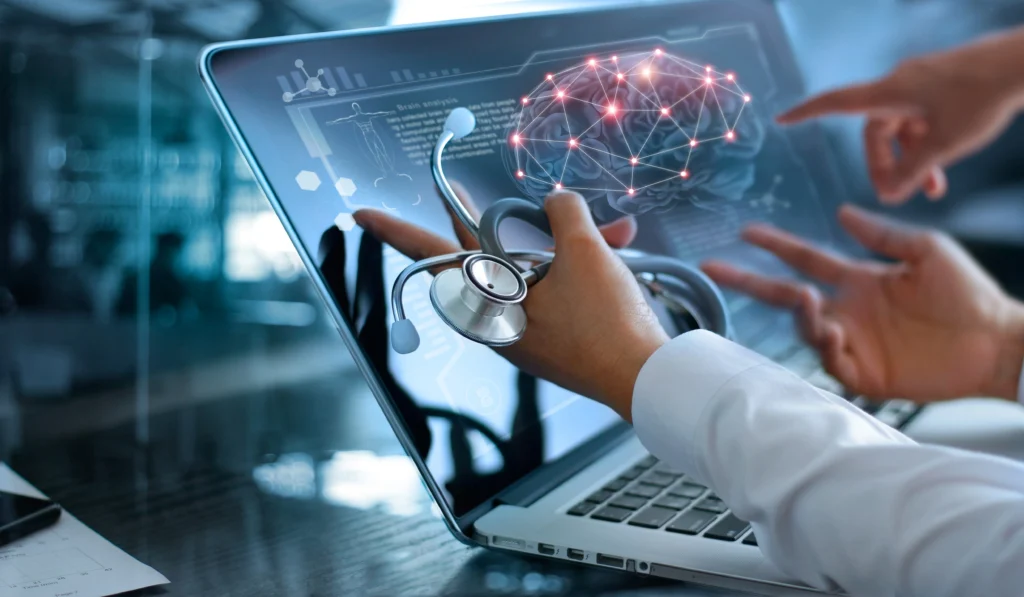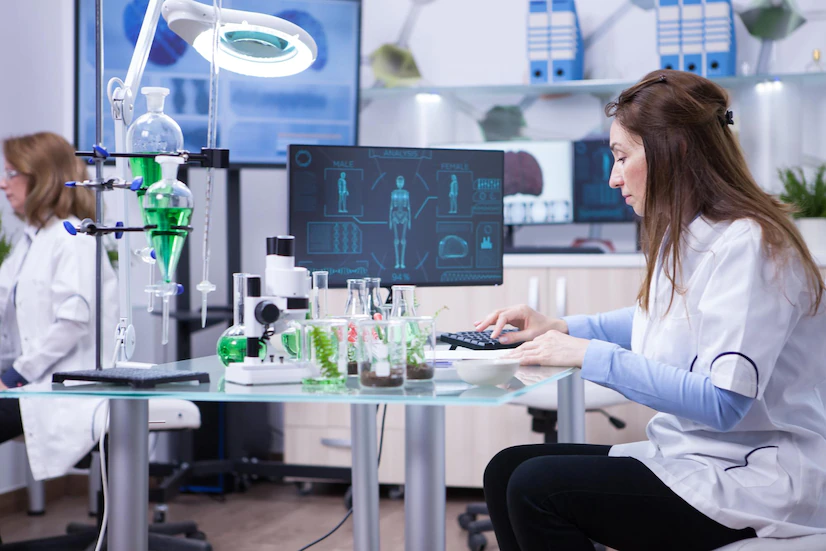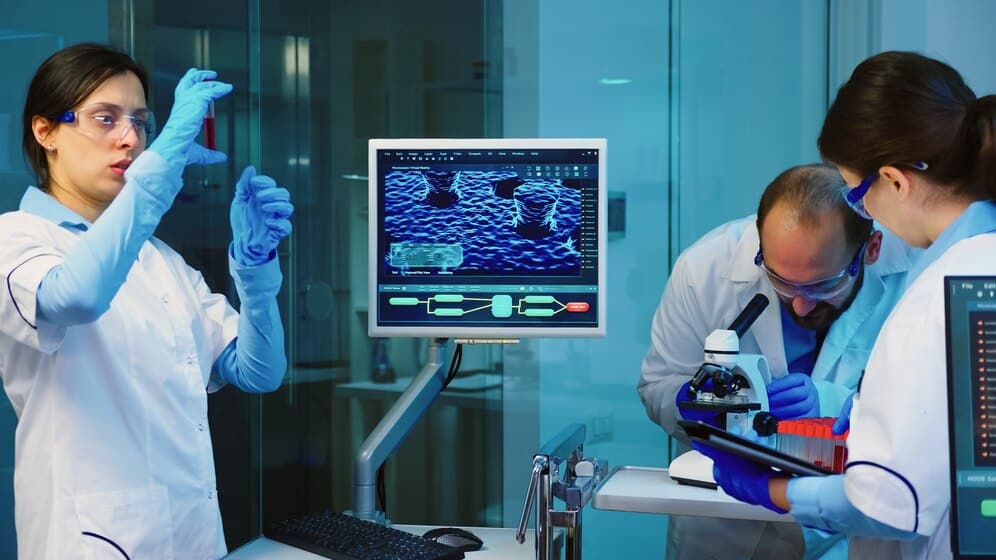Technology In Healthcare : The healthcare industry is experiencing dramatic transformation due to advances in technology. Telemedicine, artificial intelligence (AI), wearable medical devices and wearable sensors have revolutionized how care is delivered and managed – helping physicians diagnose patients faster than ever and treat more efficiently than ever before – while data analytics are providing important insight into trends within patient populations.
1) Challenges Of Technology In Healthcare

Implementation costs – One of the primary challenges associated with healthcare IT implementation is cost. Healthcare organizations can reduce this expense through partnerships with IT providers, investments in IT infrastructure, and prioritizing projects strategically. Failing to keep up with technological innovations – Healthcare organizations that cannot keep pace with technological innovations risk missing out on valuable benefits while suffering disadvantages as a result of staying out of sync with emerging trends and innovations.
2) Strategies For Implementing Technology In Healthcare

Implementing technology in healthcare should focus on areas where it will make an impactful difference – areas often neglected include patient experience and communication. Physicians, nurses, and other healthcare providers need to be involved in decision-making as they interact directly with patients every day. While there are various strategies for introducing tech into healthcare settings, among them EHR implementation is one effective method that can enhance care, communication, data analysis, and data protection.
3) Examples Of Technology In Healthcare

Computerized Tomography (CT) scanners – CT scanners use X-rays to produce 3D images of the internal structures of your body, making diagnosis possible of illnesses such as pneumonia, lung cancer and kidney stones. CT scans may also be used during pregnancies to provide images of the fetus being carried by its mother. Magnetic Resonance Imaging (MRI) machines.
4) How Technology Is Transforming The Healthcare Industry

The healthcare industry is being revolutionized by advances in technology. Advancements in medical technology – Advancements in medical technology has provided healthcare providers with new tools to diagnose and treat patients more accurately and efficiently than ever before, while advancements in medical device technology has allowed providers to perform improved diagnostics.
5) Impact Of Technology On The Health And Well-being Of Patients

Health and well-being can be enhanced by technology in healthcare in numerous ways. It allows patients to receive the care they require more efficiently, allows them to track their own data, make informed decisions regarding care plans, and helps connect more closely with healthcare providers.
6) Benefits Of Technology In Healthcare
Also Refer:- The Future of 3 Technology: What It Means For You And Your Business Grateful
Technology brings many advantages to healthcare, including increased efficiency and productivity, better care quality, communication improvement, and enhanced patient experiences. Improved Efficiency – Technology helps healthcare providers accomplish more with fewer people by decreasing paper use as well as human labor requirements, leading to increased efficiency.
Conclusion
Conclusion Given its many advantages for healthcare, technology will undoubtedly continue to play an integral role. But its full effect will depend on how providers adopt and adapt to technology; providers should remain open to adopting emerging technologies by making adjustments to current systems as necessary in order to remain agile with changes that arise, while having a comprehensive knowledge of current state technologies to make informed decisions. Overall, technology may continue to transform healthcare by offering patients faster care with enhanced collaboration between healthcare providers as well as improved decision-making tools for providers.

